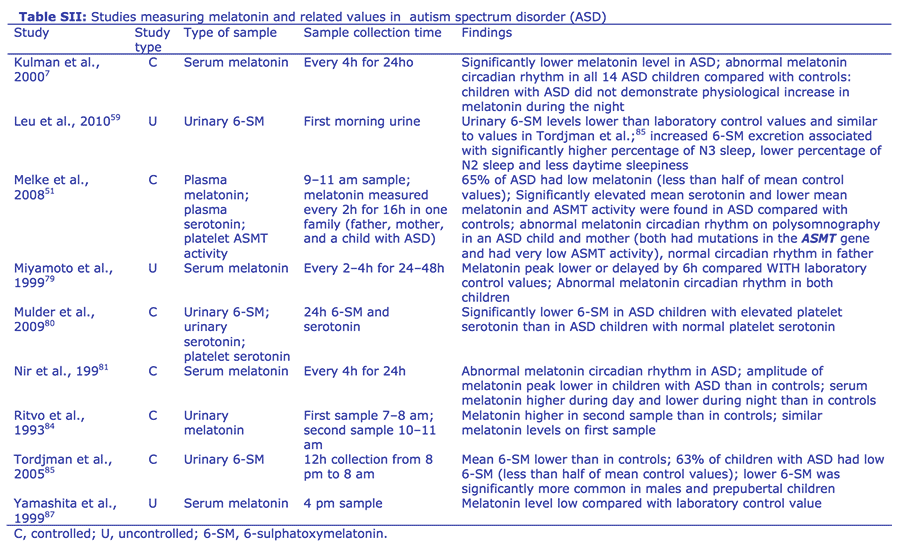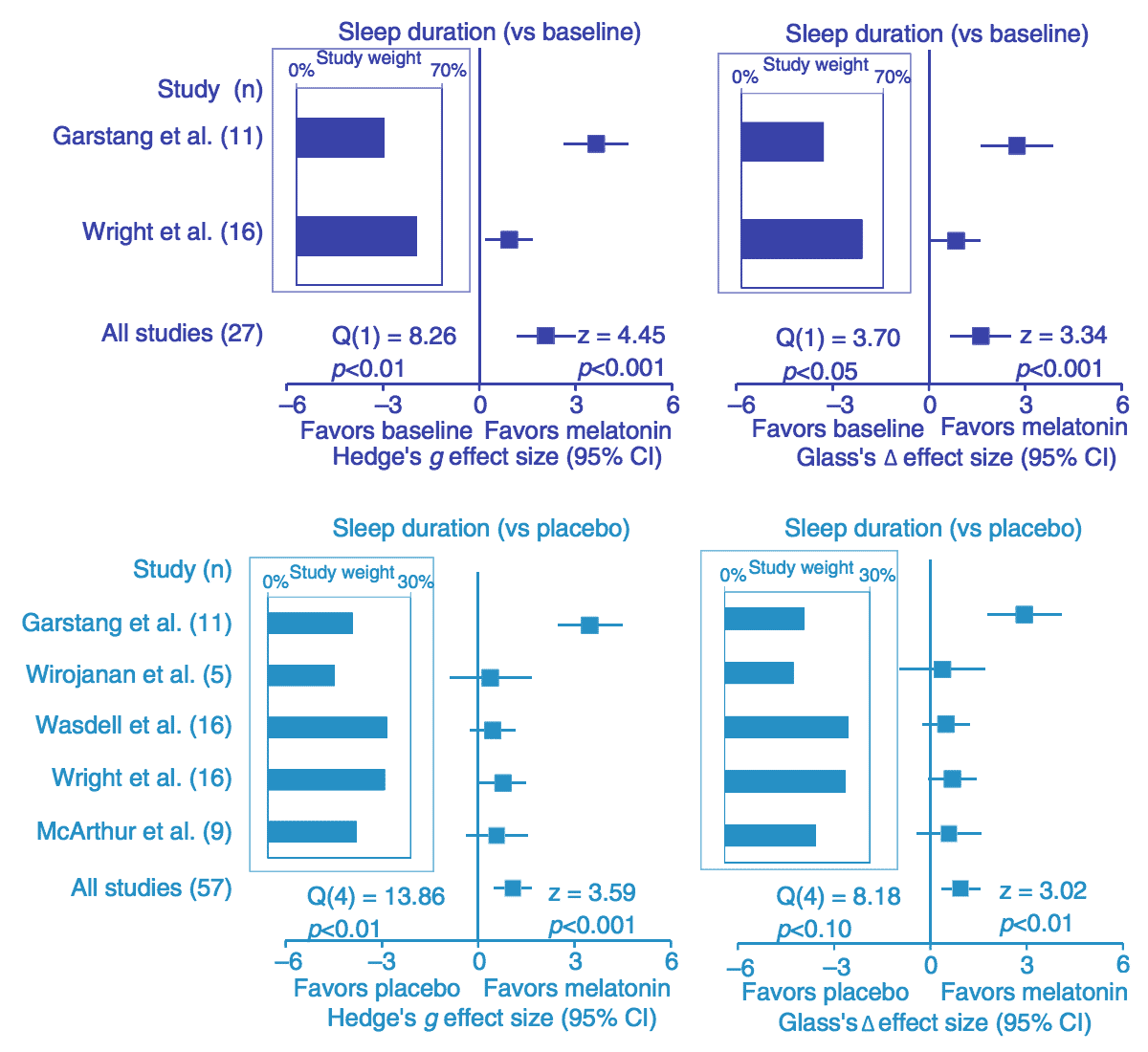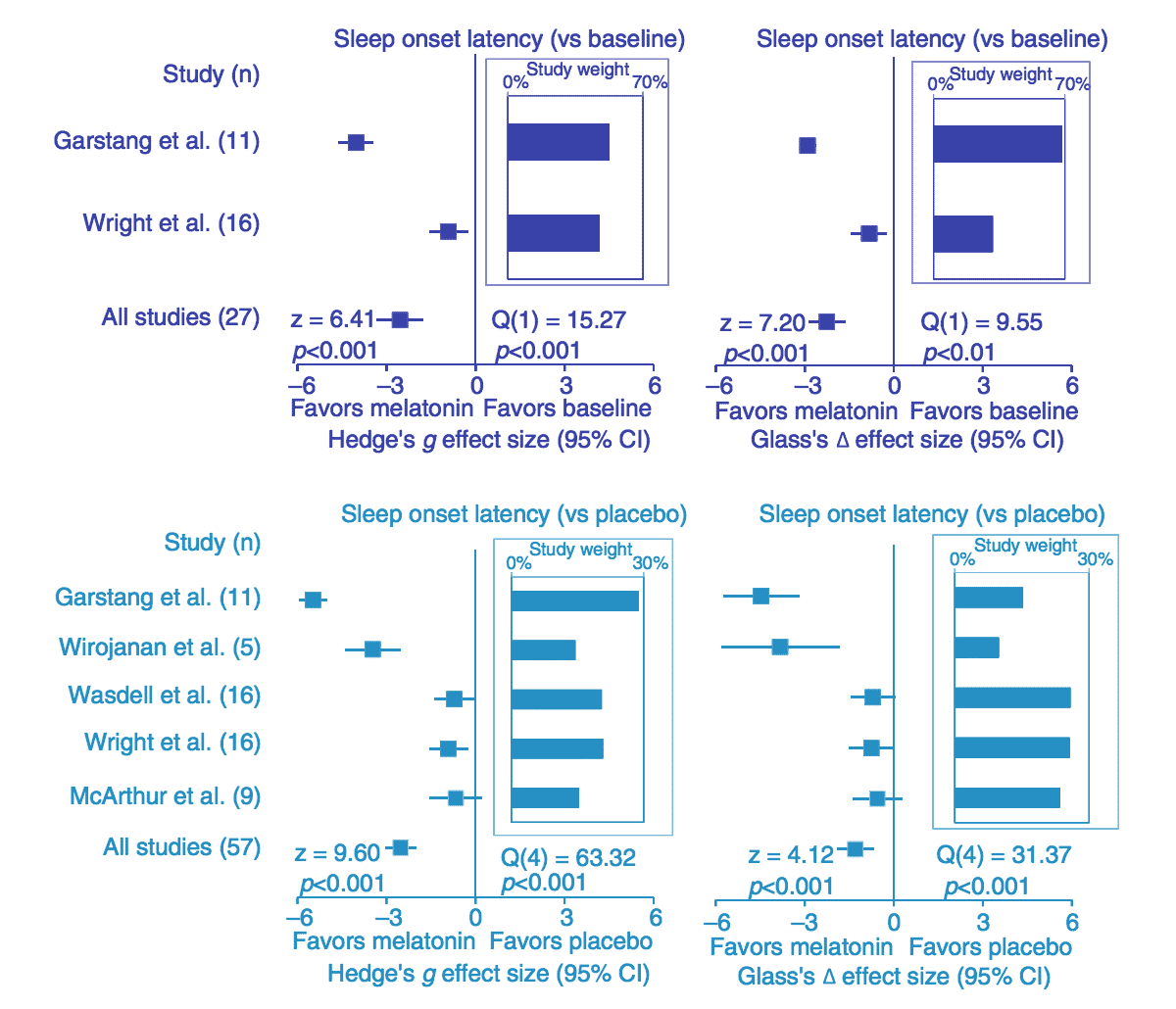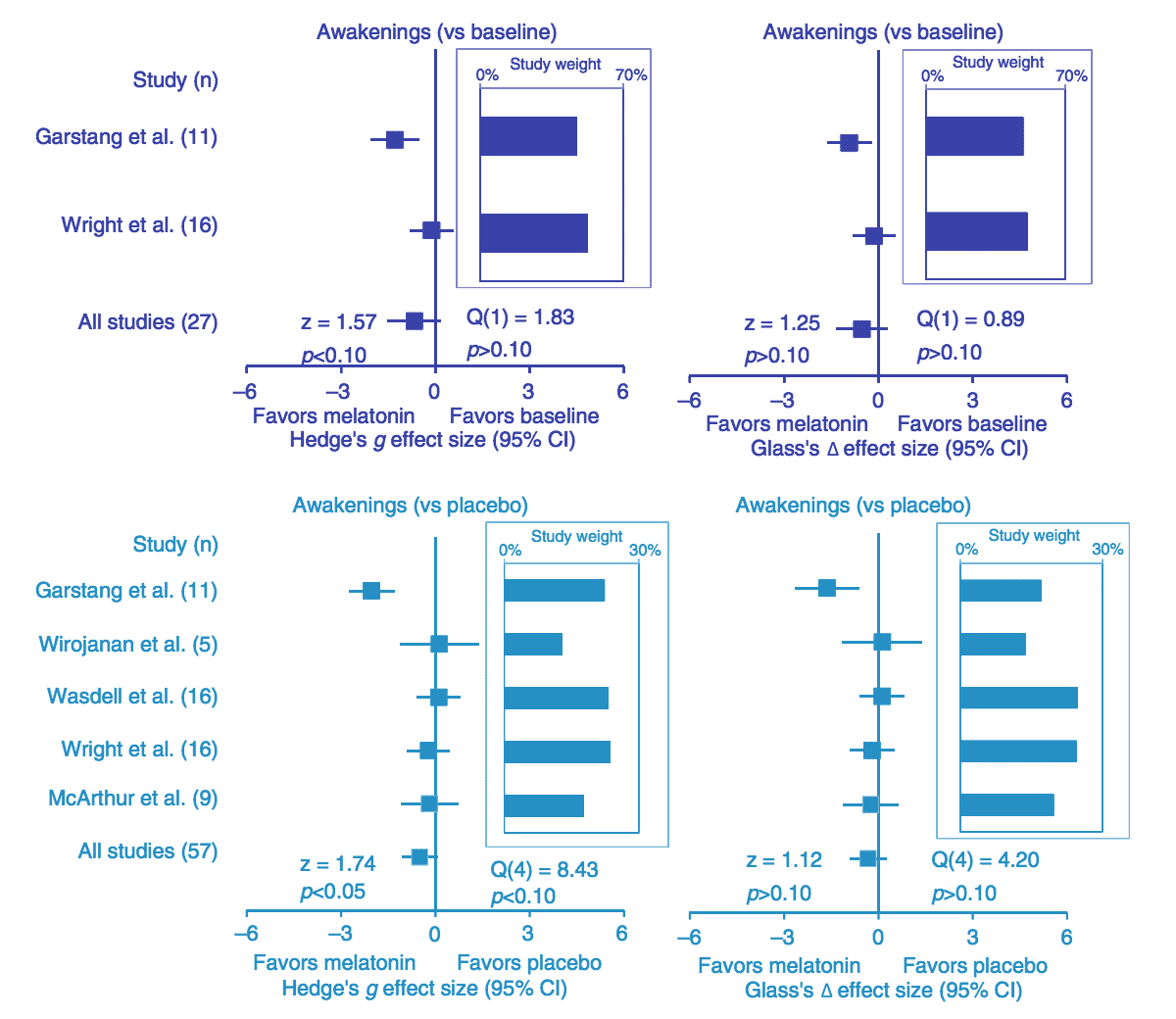In my previous article on autism & sleep problems, I looked at how common sleep problems are among autistic people. In this article, I will look at the causes.
Causes of sleep problems
A study from 2017 that looked at sleep problems in autistic children and children with ADHD indicated that the causes of sleep problems are different for each group:[1]Sleep, chronotype, and sleep hygiene in children with attention-deficit/hyperactivity disorder, autism spectrum disorder, and controls
- Autism — sleep problems are related to inadequate sleep hygiene, meaning autistic people may or tend to:
- Go to bed at different times each day
- Are physically active before bed
- Have inconsistent sleeping patterns
- Mentally stimulate themselves too much before bed
- Go to bed with intense emotions or stress
- Etc.[2]Sleep hygiene index by Dr. Wendie Robbins | PDCoffee
- ADHD — sleep problems are related to evening chronotype, meaning people with ADHD tend to be active in the late evening rather than in the morning (which itself can diminish cognition/performance according to at least one study[3]The effect of chronotype (morningness/eveningness) on medical students’ academic achievement in Sudan).
- Neurotypical — sleep problems are related to both factors.
Sleep disorders
A study from 2015 indicated that 59% of autistic people had symptoms indicative of at least one sleep disorder, with sleep-breathing disorders (SBD) as the most commonly reported (38%), compared to 1.8% in controls.[4]Influence of sleep disorders on the behavior of individuals with autism spectrum disorder
Melatonin
Another issue and underlying cause of sleep problems in autism is low melatonin levels. Melatonin is a hormone that regulates sleep and wakefulness.
Studies show that autistic people have lower nighttime melatonin or melatonin metabolite concentrations compared to neurotypicals,[5]Melatonin in autism spectrum disorders: a systematic review and meta‐analysis and show lower activity of the ASMT gene, as well as some splicing mutations in the ASMT gene in some autistic individuals, which also results in lower melatonin levels.[6]Abnormal melatonin synthesis in autism spectrum disorders
Have a look at the table below for an overview of melatonin issues reported in autism.[7]Melatonin in autism spectrum disorders: a systematic review and meta‐analysis

Melatonin effects
In the forest plots below, you can see the effect of melatonin on several sleep parameters—sleep duration, sleep latency, and night-time awakenings—in autistic people compared with baseline and placebo.[8]Melatonin in autism spectrum disorders: a systematic review and meta‐analysis
Sleep duration

Sleep onset latency

Night-time awakenings

So as you can see, melatonin has a significant effect on sleep duration and sleep onset latency—but not night-time awakenings—in autistic people.
Effect of the Moon
Light, in general, suppresses melatonin levels, and in particular blue monochromatic light at a wavelength of 446–477 nm.[9]Blue light from light-emitting diodes elicits a dose-dependent suppression of melatonin in humans
The Moon—being a light source—also affects melatonin levels, and in fact, the lunar cycle modulates human sleep and melatonin rhythms. The diagram below shows that the time taken to fall asleep is longer during full moon.[10]Evidence that the Lunar Cycle Influences Human Sleep
Since autistic people already have issues with sleep problems and low melatonin levels, the lunar cycle—and in particular the full moon—can be a major contributor. Read more:
Comments
Let us know what you think!